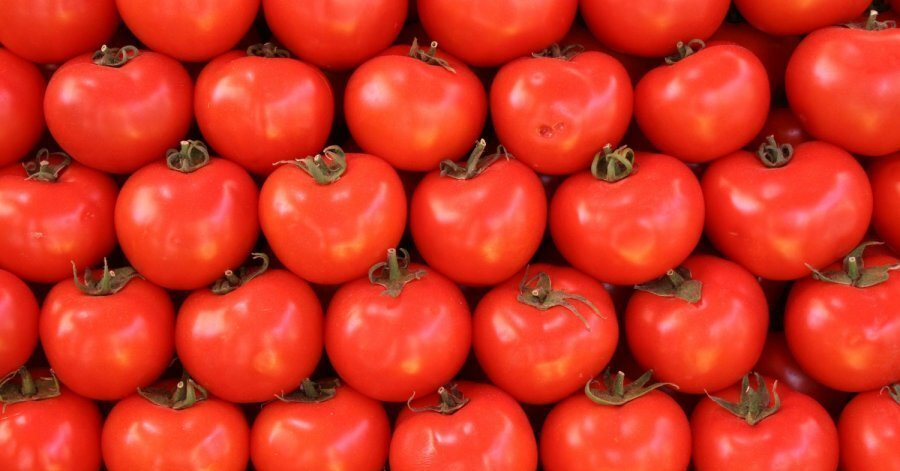The impact of last summer’s heatwave in Morocco may still be felt by European consumers as the year progresses due to its impact on crops including tomatoes, peppers and cucumbers. Many plants were unable to withstand the intense heat, especially in the important fruit and vegetable growing region of Souss-Massa, where temperatures reached an all-time national record of 50.4C in mid-August, Fruitnet informs.
The reliance on Morocco to make up for shortfalls in Spanish tomatoes in recent years has contributed to empty shelves in places like the UK. With Spanish volumes again down, some foresee a repeat. In November, Murcia Today reported that around 40 per cent of that Spanish region’s tomato crop had been decimated by ToBRFV.
The Energy & Climate Intelligence Unit (ECIU) warned that such high temperatures were threatening UK food imports from the Mediterranean. Just over a quarter of Britain’s food imports came from the Mediterranean region in 2022, it stated, with Spain alone representing 7 per cent.
Read also: Morocco’s tomato exports reach new heights in 2022/23
“The events that took place last summer in Morocco are not trivial,” cautions Fatiha Charrat, deputy general director of Morocco’s Delassus. “The plantations were already facing a significant impact due to ToBRFV when numerous heatwaves affected the region.”
By the end of July last year, she says, growers had managed to replant up to 30 per cent of the area that was affected by the virus, shortening the winter cycle of production and creating a gap. This replanting would already mean a delay in availability, but then the unprecedented heat arrived.
“In August, we experienced temperatures of over 50C for an extended period, resulting in the burning of all the young plants,” says Charrat. “Inside the greenhouses, temperatures went up to 70C. The young plantings of July were burned and again needed to be replanted, not to mention all the plants that lost many bunches of tomatoes.”
According to Charrat, the new replanted tomatoes only entered into production in mid-December, meaning that from September until December Morocco was unable to supply the volumes of tomatoes anticipated. However, the worst at least could be over.
“The situation is getting back to normal,” she says, “and all our growers are now able to cover their orders.”
The use of the site materials is free if there is a direct and open for search engines hyperlink to a specific publication of the East-Fruit.com website.




